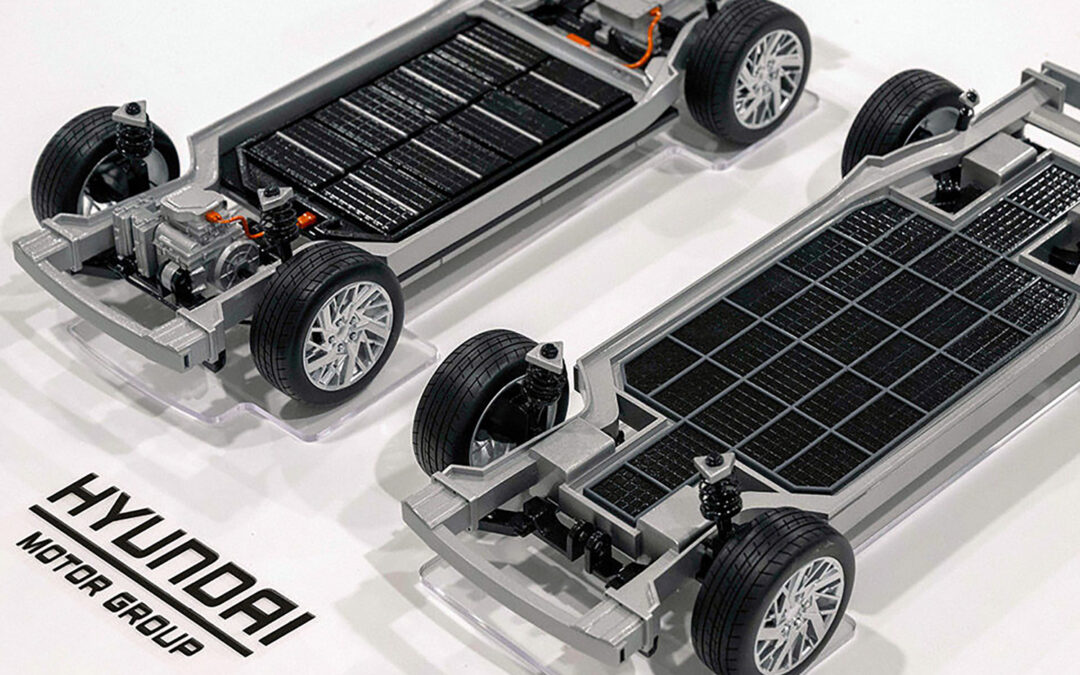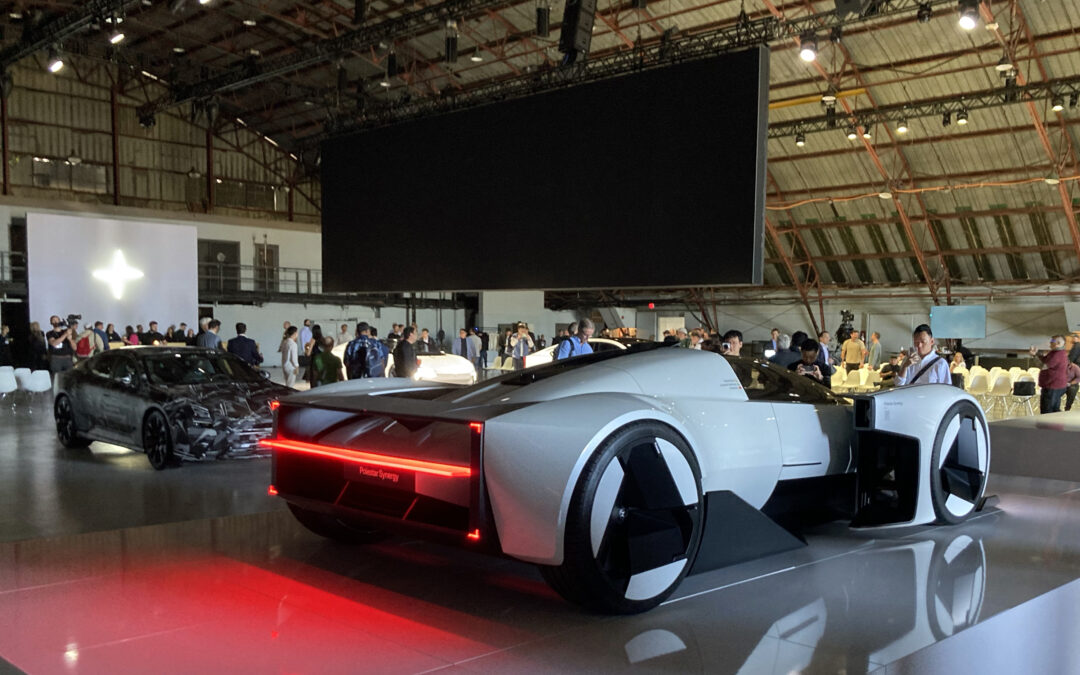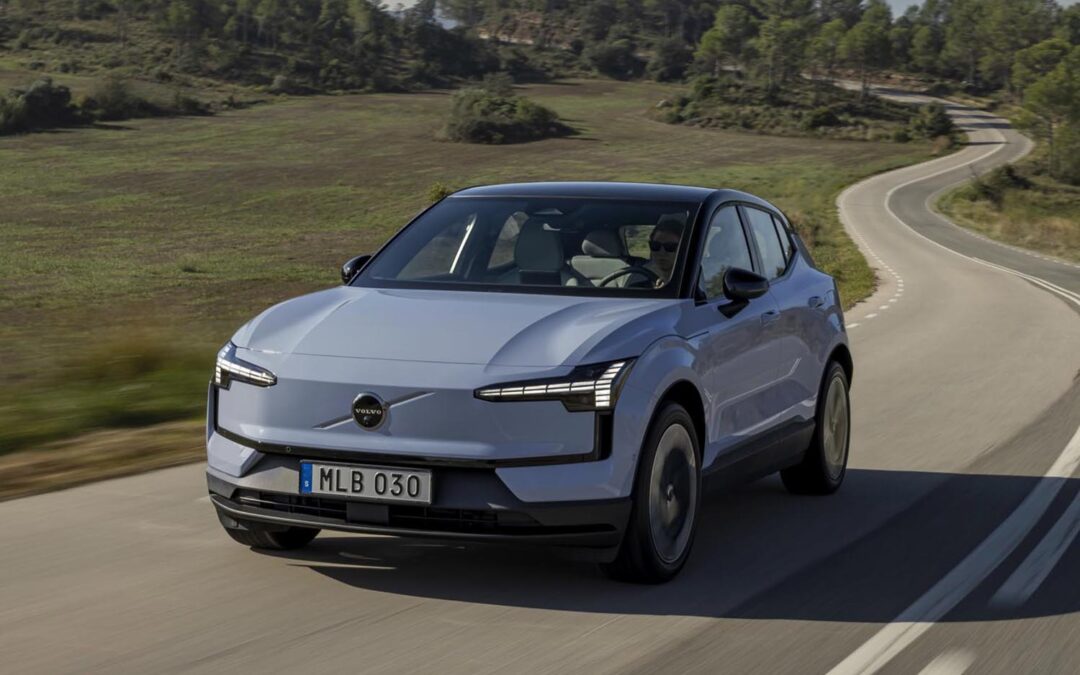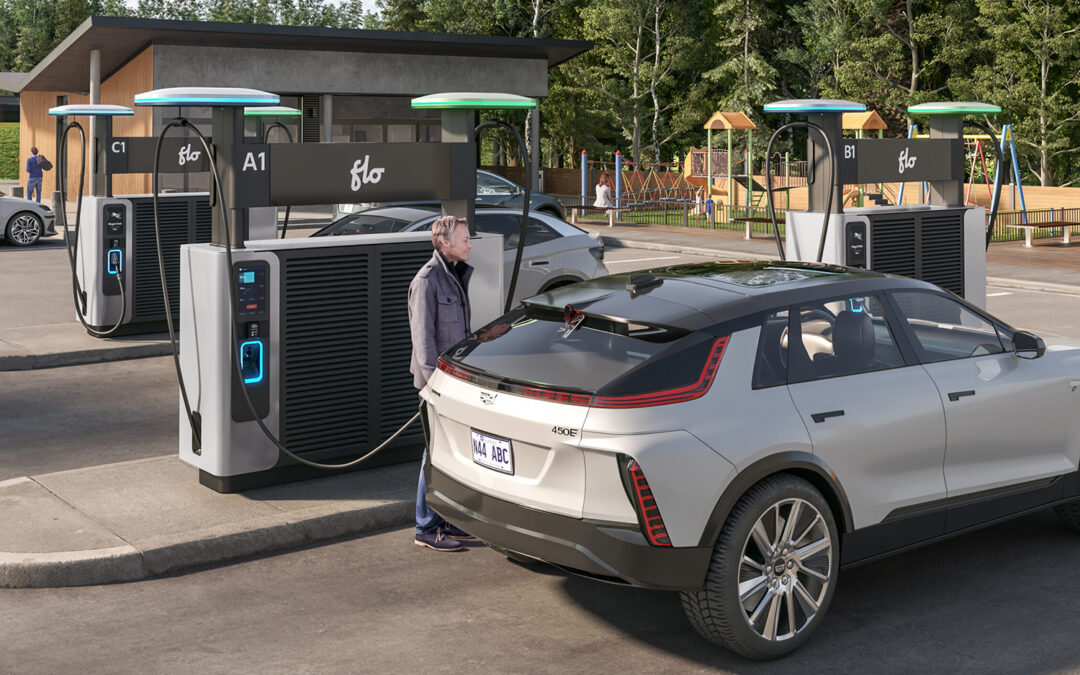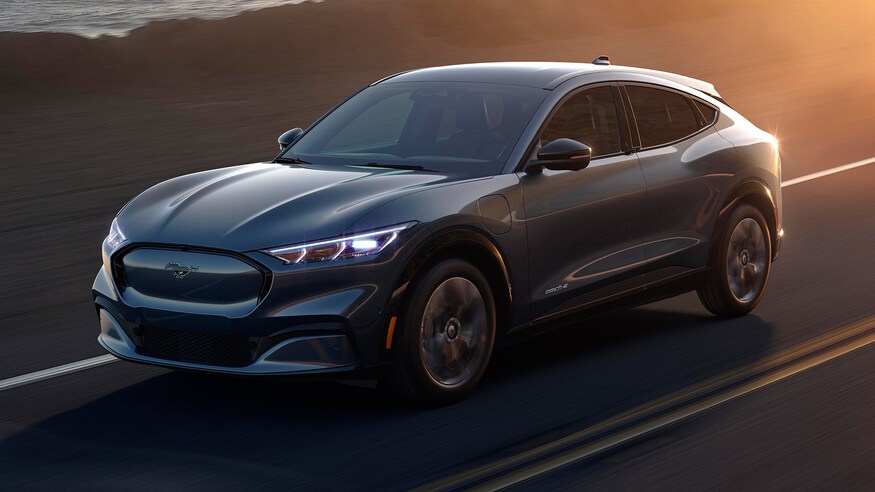New research from DS Automobiles, the premium sub-brand of Citroën, finds that drivers of electrified vehicles tend to feel less stressed behind the wheel than with their petrol or diesel equivalents.
A survey of 2,000 people in the UK conducted by DS last month found that up to 78 per cent of them had experienced stress while driving, with 31 per cent of this figure further explaining that this can negatively impact their driving either by encouraging rash decisions or reducing concentration.
In stark contrast, just 38 per cent of EV and hybrid drivers taking part in the survey claimed to feel stressed behind the wheel.
Read more: Report: EVs are cheaper to own from Day One
“At times, driving can be as stressful as it is enjoyable, but one of the many benefits of switching to electric is that it can help drivers feel more relaxed behind the wheel,” DS Automobiles managing director Jules Tilstone states. “Combined with French luxury savoir-faire and innovative technology, DS offers drivers a memorable, stress-free driving experience.”
When quizzed about the factors that can reduce stress behind the wheel, 41 per cent of the survey’s UK respondents stated that a quiet and refined drive – what DS refers to as “a calm and cosseting driving experience” – were most effective at reducing anxiety while driving. A core facet of a fully-electric vehicles in particular, given the lack of engine noise and ongoing development to improve ride quality of EV-dedicated chassis while simultaneously offsetting the additional weight of the battery. Appropriately, 52 and 34 per cent respectively of the 2,000 also highlighting a comfortable interior and/or a smooth ride.
It should be noted however that DS does not outline the factors determining “stress” in its research, nor how many of the 2,000 drivers surveyed were hybrid/EV owners.
What do we think? Read on …
That DS Automobiles champions a survey such as this shouldn’t come as too much of a surprise. As Tilstone further explains, “since 2019, DS has offered an electrified version of every model in our lineup, and from 2024 will only launch fully electric vehicles,” a move that will align the brand with the likes of Polestar and Genesis in the short term while the bigger players have their respective bulls eyes set on either 2025 or 2030. DS has also been quick, as of late, to highlight the ongoing development of EV technology, most notably with its DS E-TENSE concept and with the suggestion that regen braking could eventually replace conventional pads and discs altogether.
That EV driving should be considered, if not a “stress-free driving experience” then certainly a more relaxed one, by the motoring populace then can only work in DS’ favour.
With a survey such as this, though, should nevertheless come a requisite pinch or two of salt. That lofty 78 per cent figure, for example, could quite easily, and justifiably, be assigned to recent high fuel costs around the globe, a moot point for EVs owners. Or indeed the increased number of vehicles on the road today could just as easily play their part. In Canada alone, for example, more than two million additional vehicles were registered between 2015 and 2019, up from 33.1 to 35.7, according to Statistics Canada. Whether you’re an ICE or EV driver, a more crowded road network is going to play on your mind.
Let’s also not forget that EV driving by its very nature can – we’ll emphasize ‘can’ – be a stressful experience. DS, for example, cites the 341 km of range of which its fully-electric DS 3 CROSSBACK E-TENSE is capable, but there’s always the 27 minutes of charging from 10 to 80 per cent to consider when plotting a long journey. And that’s with 100 kW fast-charge: via a domestic socket, that escalates to just over 17 hours, unless of course you commit to the additional cost of a home charger, something that will also likely affect 51 per cent of our surveyors who admitted that buying and owning/maintaining a car was also stressful.
Some valid points then, and give or take a little cynicism, DS’ research is can still be read as a proponent for EV motoring. We’d argue the days of a “stress-free driving experience” are still a ways ahead, though.

